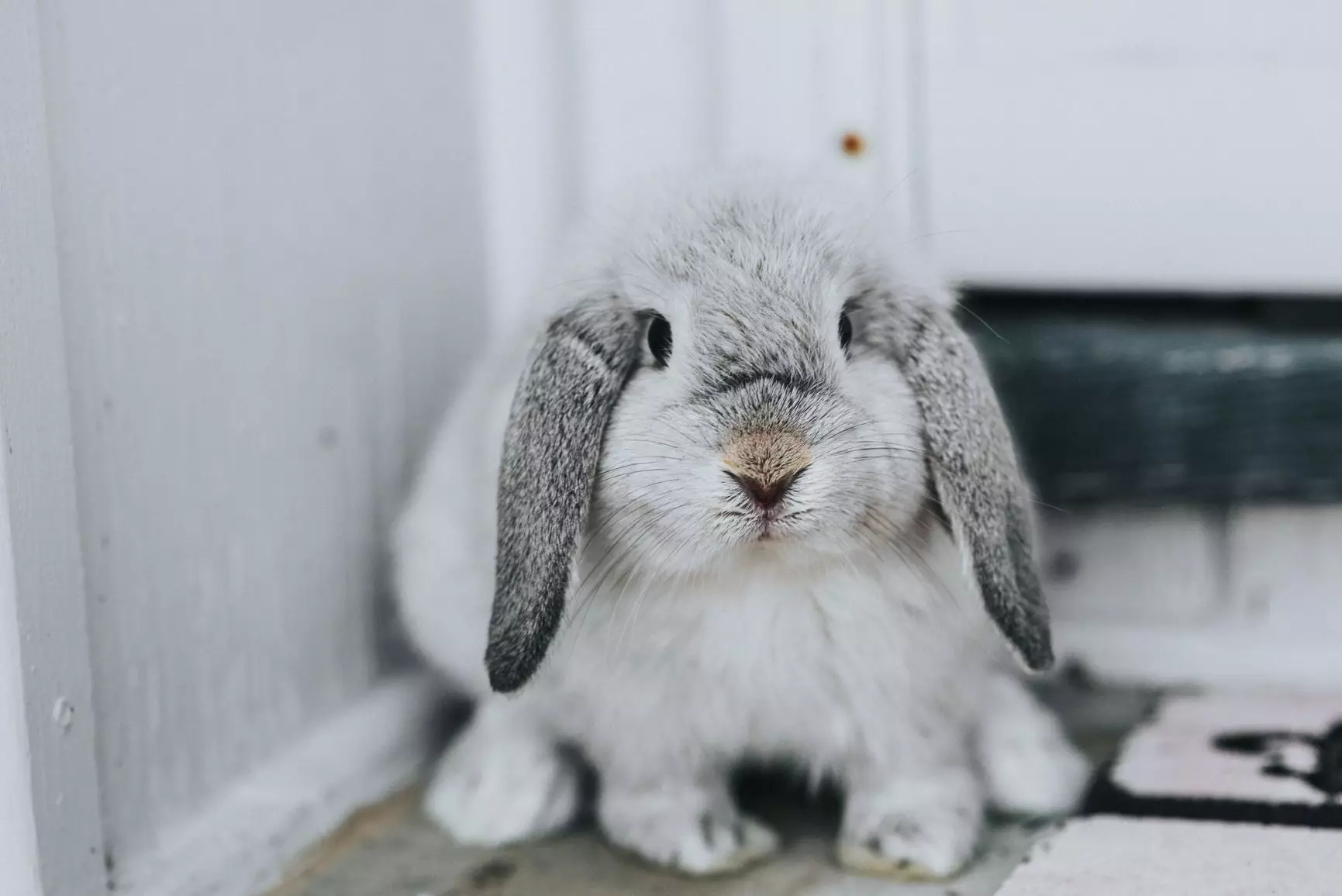Rabbits are increasingly popular as household companions due to their charming personalities and relatively gentle demeanor. However, owning a rabbit comes with its responsibilities, primarily concerning their health maintenance. Just like other pets, rabbits require vigilant care to prevent the emergence of severe health issues. Regular veterinary visits combined with a proper diet can significantly contribute to your bunny’s overall well-being. It is crucial for pet owners to remain observant, as rabbits often mask signs of illness. This article will examine the essential health indicators for rabbits and outline some preventive measures to ensure a happy, healthy pet.
Rabbits have evolved as prey animals, leading them to instinctively conceal any signs of weakness. Consequently, pet owners must be proactive in observing the behavioral cues of their rabbits. Illness in bunnies can arise from various factors, including germ exposure, dietary indiscretion, genetic vulnerabilities, or age-related conditions. It is vital for owners to familiarize themselves with common signs of illness to facilitate early intervention.
Identifying illness in a rabbit can often be complicated due to their subtle behavior. Here are a few critical signs that could indicate your rabbit may be unwell:
– Decreased Energy and Appetite: A sudden drop in activity level or refusal to eat or drink is one of the clearest signs of a health problem. Owners should monitor their rabbit’s food and water intake regularly. Any noticeable changes could signify a digestive issue or other systemic disorders.
– Stool Irregularities: Healthy rabbits produce consistent droppings. A noticeable increase or decrease in stool production may hint at gastrointestinal stasis or other underlying health concerns. Conditions such as dental issues or fiber deficiency can contribute to this phenomenon, emphasizing the need for a high-fiber diet.
– Poor Grooming Habits: A rabbit’s grooming behavior is a vital indicator of its general health. If your rabbit appears unkempt or exhibits matted fur and stained paws, it could be symptomatic of illness. Additionally, excessive salivation, fur loss, or dandruff may point toward dental disease or infections that could be transmissible.
Rabbits are unique in that they can only breathe through their noses, making respiratory infections particularly troubling. Signs of upper respiratory issues in bunnies include nasal discharge, sneezing, and labored breathing, which can develop very quickly and call for immediate veterinary attention.
One alarming indication of illness is head tilt, a scenario where the rabbit’s head rests to one side and may be accompanied by poor coordination. This condition can stem from several issues, including ear infections or neurological damage, thus necessitating prompt veterinary evaluation.
Veterinary care plays a crucial role in ensuring your rabbit remains healthy throughout its life. For young rabbits, annual check-ups are recommended, shifting to biannual visits after the age of four. Veterinarians specializing in rabbit care can help pinpoint issues before they escalate into more severe health concerns.
In the event of illness, owners should maintain a warm, hydrated environment for their pets. Supplementing with soft foods or using a syringe for water may assist in recovery while waiting for professional guidance.
Preventive Measures for Rabbit Health
While it is impossible to completely eradicate the chance of illness, certain preventive measures can mitigate the risk. Providing a balanced and nutritious diet rich in hay and fresh vegetables is paramount. Additionally, ensuring a clean habitat free from harmful elements and avoiding extreme temperatures will promote overall wellness.
Regular handling and physical examinations of your rabbit are critical for health monitoring. Familiarizing yourself with your pet’s body conditions will allow you to notice any unusual lumps or injuries promptly.
Lastly, if you see behaviors that cause concern or suspect illness, do not hesitate to reach out to a veterinarian. Your pet’s health is valuable, and professional advice will yield the best outcomes.
Maintaining a healthy rabbit involves attentiveness, informed dietary choices, and proactive medical care. By understanding your rabbit’s behavior and key health indicators, you can create a nurturing environment that fosters a long and happy life.

